On the afternoon of May 31, continuing the discussion program in the hall, many delegates proposed urgent solutions to support the business system in the current difficult period.
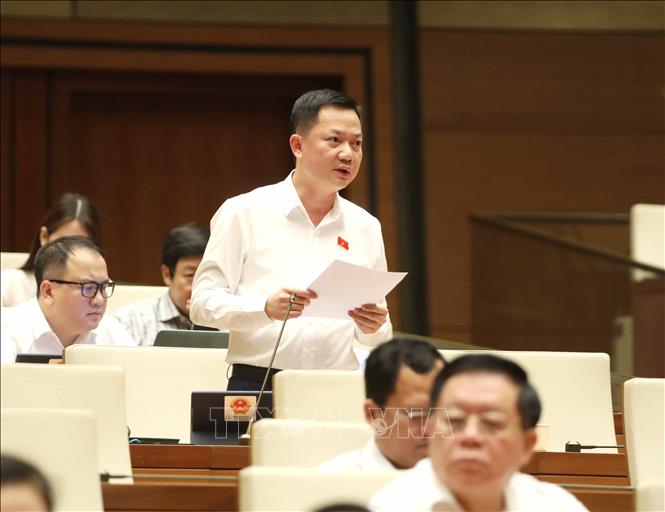 |
| National Assembly Delegate of Dong Nai province Trinh Xuan An speaks. |
Business is really struggling
Delegate Trinh Xuan An (Dong Nai) assessed that through the reports, a panoramic picture of our country's socio -economic situation in recent times has all the bright and dark colors, many remarkable results have been achieved, but there are also many concerns and worries. It can be seen that the last months of 2022 and the beginning of 2023 are a very difficult and arduous period for our country.
The results achieved show the solidarity and cooperation of the entire political system, including the significant supporting role of the National Assembly, the efforts of the people and businesses, and especially the steering ability, efforts and endeavors of the Government and Prime Minister in management and operation in the face of numerous difficulties.
The delegate cited the Economic Committee's audit report, stating that "Vietnam's economy is in an extremely difficult period."
On the macro side, the GDP in the first quarter was 3.32%, with such a low level, to achieve the target of 6.5% for the whole year, delegates said that there must be great determination and effort to achieve the target (each remaining quarter must reach 7.5%). It is necessary to focus on closely monitoring the economic situation in the country and the world to have proactive and timely policy solutions; focus on consolidating and strengthening the macroeconomic foundation, controlling inflation, improving the internal capacity and autonomy of the economy, and maximizing internal resources for development.
Delegate Trinh Xuan An emphasized: "There must be urgent solutions, even beyond precedent, to rescue and support the business system. We always identify the business system as the material foundation and driving force for development, but the data shows that the business system is in a really difficult phase."
The delegates also pointed out four bottlenecks that businesses are facing, namely: Shortage of orders, capital flow congestion; inadequate institutions, administrative procedures and legal risks that may be encountered during production and business activities.
Delegates cited statistics showing that businesses are "thirsty" for credit but cannot access capital. If they do access it, it is very difficult to disburse due to problems with procedures and loan conditions.
"However, reducing interest rates is not as important as accessing capital and putting that capital into production and business. Reducing interest rates and simplifying loan conditions and procedures must be substantial so that capital reaches businesses correctly, accurately and directly," the delegate emphasized.
Along with credit, it is necessary to continue to open up other capital channels such as bonds and securities, at the same time it is necessary to continue to review institutions, simplify administrative procedures in a more substantial way and especially change the culture of "Enterprises having to beg and run". The government and managers need to be proactive, sincere and wholehearted in coming to enterprises to solve difficulties...
Emphasizing the need to thoroughly handle institutional problems to avoid chain reactions to other sectors and fields of the economy, delegates said that it is necessary to strengthen the role and responsibility of coordination of ministries and sectors, clarify the role of presiding, proactive handling and limit the pushing of responsibility to superiors and leaders, not all content must be required to be sent by the Prime Minister to urge or the Government to issue a resolution to remove difficulties.
"In reality, the fact that people and businesses have to queue to buy gasoline, queue to register their cars, struggle with regulations on fire prevention and fighting, etc. shows that the coordination and responsibility of ministries and branches is not high and not drastic" - the delegate emphasized.
Removing barriers to fire prevention and fighting
Giving his opinion on fire prevention and fighting, delegate Pham Van Hoa (Dong Thap) said that it is necessary to immediately remove difficulties and obstacles regarding regulations on fire prevention and fighting; standards and regulations issued do not distinguish between project scale and construction nature, and do not take into account feasibility when applied in practice.
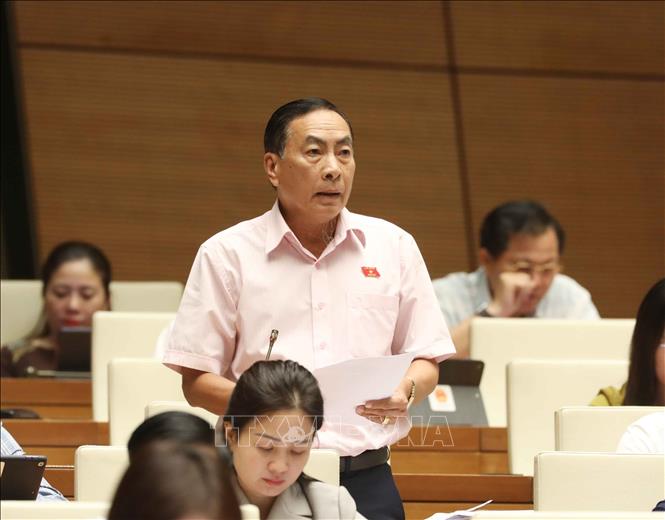 |
| National Assembly Delegate of Dong Thap province Pham Van Hoa speaks. |
"If there is no change in standards and regulations, thousands of businesses and establishments will have to close down," said delegate Pham Van Hoa.
Commenting on this issue, delegate Mai Van Hai (Thanh Hoa) said that after 2 years of fighting the COVID-19 pandemic, many businesses have encountered many difficulties, even having to close down, stop operations, and production and business have stagnated. Up to now, regulations on fire prevention and fighting are causing many barriers and difficulties that businesses have not been able to resolve.
The delegates requested the Government and relevant ministries and sectors to actively direct and strengthen fire prevention and fighting. In particular, focusing on reviewing, amending, supplementing and perfecting policies and laws on fire prevention and fighting, meeting the practical requirements of economic and social development, ensuring consistency and unity in the legal system; continuing to perfect standards, regulations and procedures for fire prevention and fighting, in accordance with the practical conditions of the country and the capacity of relevant organizations and individuals.
Delegates said that it is necessary to specifically classify the subjects of fire prevention and fighting management according to their level and risk, in order to have appropriate handling measures, and have a roadmap for production and business establishments to properly implement fire prevention requirements, and remove obstacles in fire prevention and fighting so that businesses can return to normal operations, especially those in the tourism and entertainment services sectors.
Source link


![[Photo] Prime Minister Pham Minh Chinh receives leaders of Excelerate Energy Group](https://vphoto.vietnam.vn/thumb/1200x675/vietnam/resource/IMAGE/2025/5/29/c1fbe073230443d0a5aae0bc264d07fe)


![[Photo] Prime Minister Pham Minh Chinh meets with Hungarian President Sulyok Tamas](https://vphoto.vietnam.vn/thumb/1200x675/vietnam/resource/IMAGE/2025/5/29/dbcaa73e92ea4448a03fe1d0de6d68e8)
![[Photo] Vietnamese and Hungarian leaders attend the opening of the exhibition by photographer Bozoky Dezso](https://vphoto.vietnam.vn/thumb/1200x675/vietnam/resource/IMAGE/2025/5/29/94d8ceca5db14af3bf31285551ae4bb3)

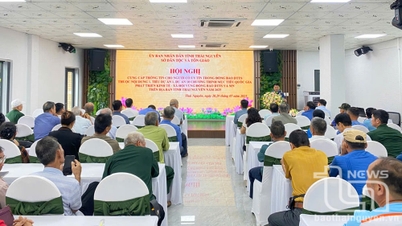
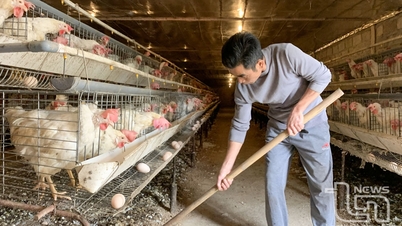










































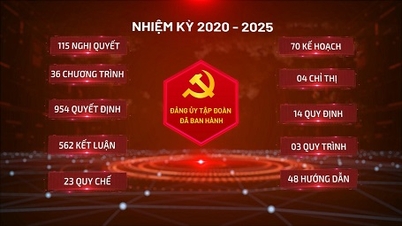





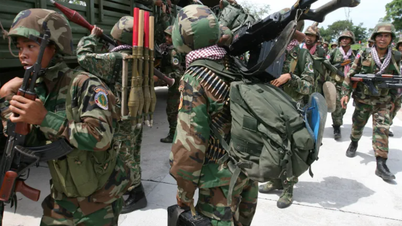





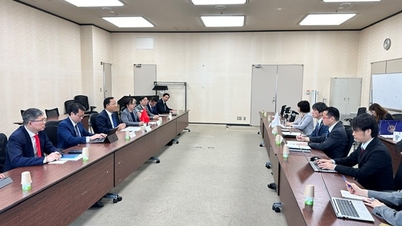

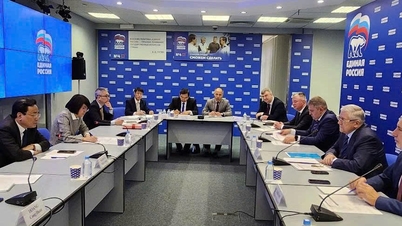

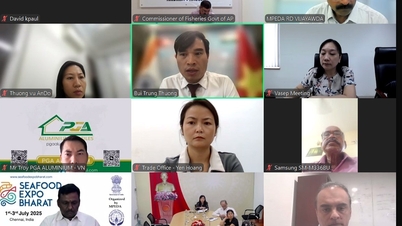











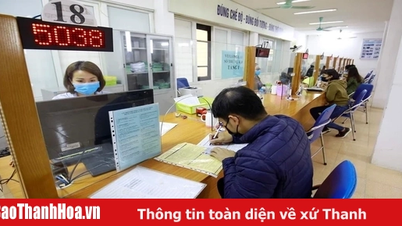














Comment (0)